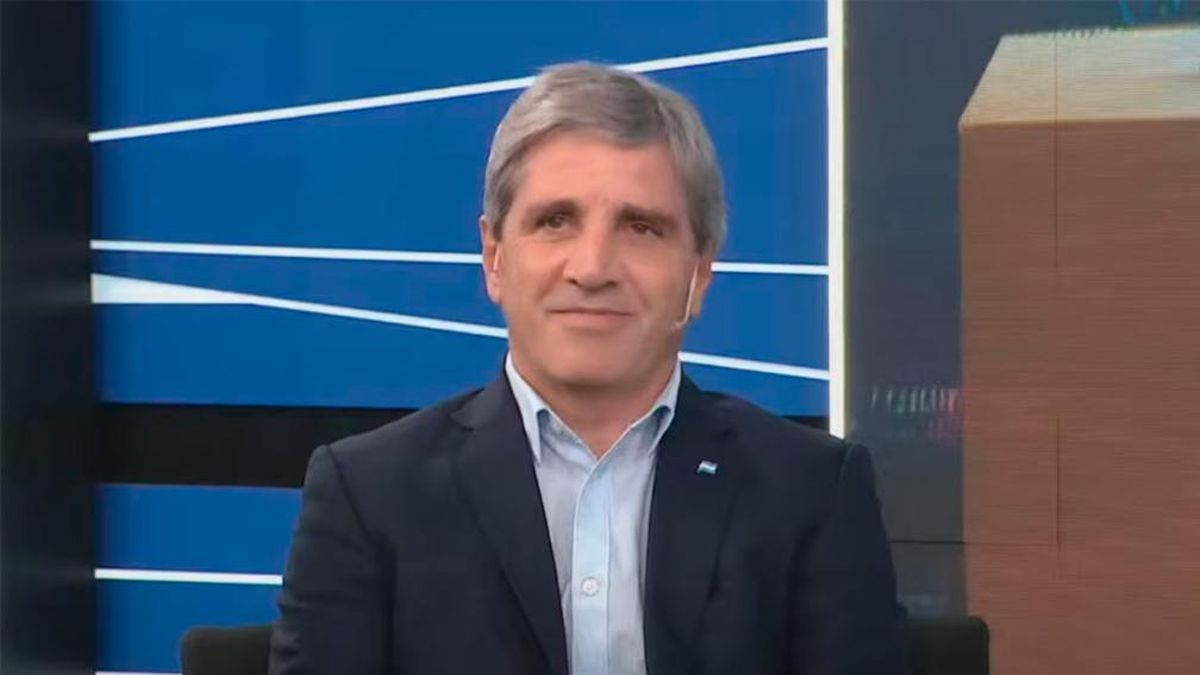The decision is a victory for Guaidó, who won a series of legal battles over the gold after the British government recognized him, rather than Maduro, as Venezuela’s rightful leader.
“I have (…) concluded that the Guaidó Board is successful: that the rulings of the TSJ (Supreme Court of Justice) are not likely to be recognized,” said the judge in the case.
Maduro and Guaidó have each appointed different boards for the Central Bank of Venezuela (BCV), and the two have issued conflicting instructions regarding the management of gold reserves.
Lawyers for the Maduro-backed BCV board said the central bank was considering appealing Friday’s ruling.
Maduro’s legal team has said that he wanted to sell part of the 31 tons of gold to finance the coronavirus emergency and reinforce the health system deteriorated by years of economic crisis.
The opposition has alleged that the Maduro government wants to use the money for its foreign allies, which its lawyers deny.
“This decision represents another step in the process of protecting Venezuela’s international gold reserves and their preservation for the Venezuelan people,” Guaidó’s team said in a statement. “This type of honest and transparent judicial process does not exist in Venezuela.” In early 2019, the British government joined dozens of countries in backing Guaidó and challenging Maduro, whom they accuse of having rigged the 2018 elections.
Guaidó then asked the Bank of England to prevent the Maduro government from accessing the gold. The Central Bank board appointed by Maduro then sued the Bank of England to regain control of the bullion.
Since 2021, support for Guaidó inside and outside the country has dwindled, while Maduro remains in power with the backing of the military and allied countries such as Iran, Russia, China and Cuba.
Legal experts have said the latest case is unprecedented as it has seen one country’s highest court interpret another’s constitution.
“This is an unfortunate ruling,” said Sarosh Zaiwalla of Zaiwalla & Co, a law firm representing the Maduro-appointed board of directors of the issuer, adding that he would pursue the case despite Friday’s decision.
“The BCV continues to be concerned that the cumulative effect of the rulings of the English Court seems to be consistent with a simple statement by the UK Government that recognizes as head of state a person without control or effective power over any part of that state,” he added. Zaiwalla.
Source: Ambito
David William is a talented author who has made a name for himself in the world of writing. He is a professional author who writes on a wide range of topics, from general interest to opinion news. David is currently working as a writer at 24 hours worlds where he brings his unique perspective and in-depth research to his articles, making them both informative and engaging.




